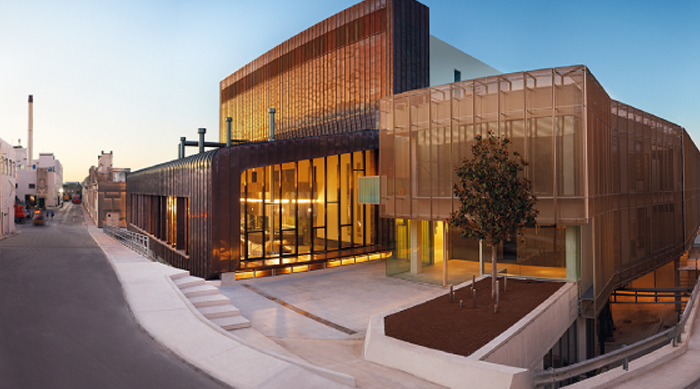Senior Recruitment Consultant Simon Pace on Thursday questioned whether diversity quotas actually result in more diverse and inclusive workforces.
Diversity quotas are initiatives used by companies to increase the number of under-represented groups in specific positions by requiring a particular percentage of the employees in that position to be of a certain gender or race. In recent years, they have been mandated by law at EU level. Indeed, by 2026, companies will need to have 40 per cent of the underrepresented sex among Non-Executive Directors or 33 per cent among all Directors. Additionally, a number of countries have quotas in place to ensure that a percentage of companies’ workforces are made up of people with some form of disability. In Malta, companies with more than 20 employees must have two per cent of their labour force that are disabled.
These have allowed for increased diversity in the workplace, yet have also come under fire for forcing companies to recruit people only to meet requirements.

“Are quotas necessary to ensure diverse representation, or do they do more harm than good,” Mr Pace asked.
He remarked that such quotes can “help ensure underrepresented groups are given fair consideration during the hiring process”, which can result in a more diverse workforce.
“Diverse teams bring different perspectives and experiences to the table, which can lead to more creative solutions and better problem-solving,” he added.
However, he also explained that if a diversity quota is seen as a “box-ticking exercise”, then it can result in the hiring of underqualified candidates solely based on their identity. Such a situation could bring about “resentment and decreased morale among existing employees”.
Additionally, Mr Pace stated that if diversity quotas are implemented without first considering candidates’ qualifications, it can “lead to qualified individuals being passed over for less-qualified candidates who fit the diversity criteria”.
He concluded by saying that the introduction of diversity quotas is a “complex decision” that should be based on each organisation’s “unique needs and goals”, as it is “important to weight the potential benefits and drawbacks before implementing any new policies”.
Mr Pace is vastly experienced within the staffing and recruitment industry, and has served as Senior Recruitment Consultant at VacancyCentre for four-and-a-half years. His experience also includes more than six years as Senior Consultant at Castille. He has worked with local and international clients, primarily sourcing clients within accounts, payments, finance, IT, operations, digital marketing, and also legal and compliance.
Pierre Stafrace retires as Farsons Imports General Manager and takes on new role
Pierre Stafrace will now work with Farsonsdirect’s private clients.
Michael Stivala: Cutting construction dissatisfaction to 25% ‘ambitious but achievable’
The Vision 2050 strategy envisages cutting the level of citizen dissatisfaction with construction from 70% to 25% by 2035.
Farsons names Alistair Martin Haber as Chief Digital and Technology Officer
He brings more than 25 years of international experience in digital transformation, infrastructure modernisation and cloud strategy across enterprise environments
Matthew Ellul Sullivan assesses how Middle East war could impact Malta
He said that Malta could be negatively impacted if the closure of the Strait of Hormuz results in fewer vessels ...









